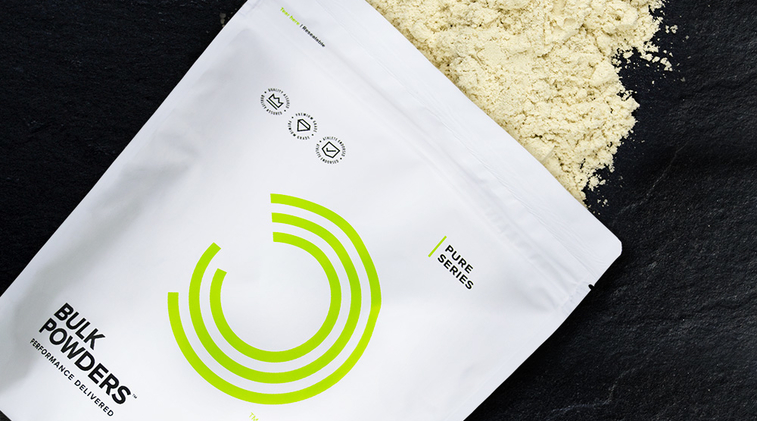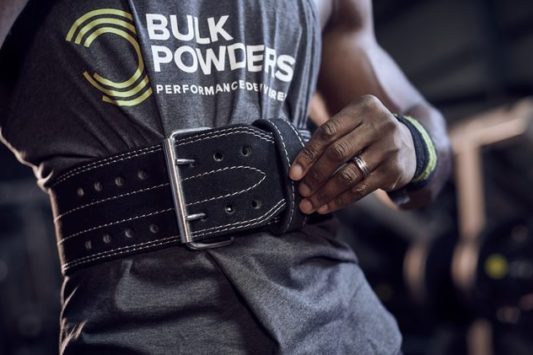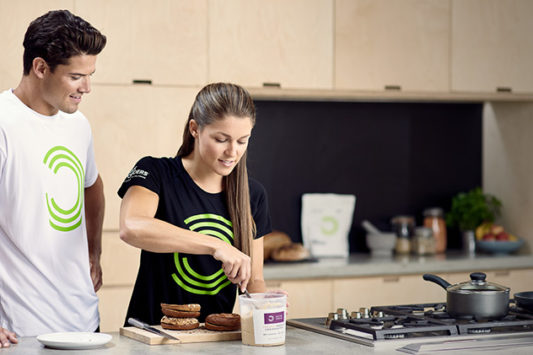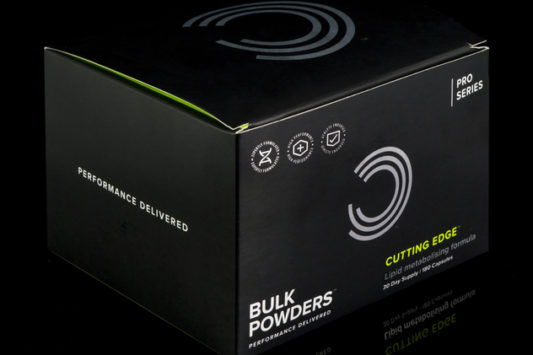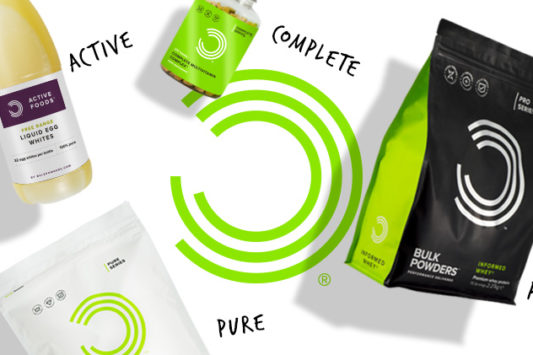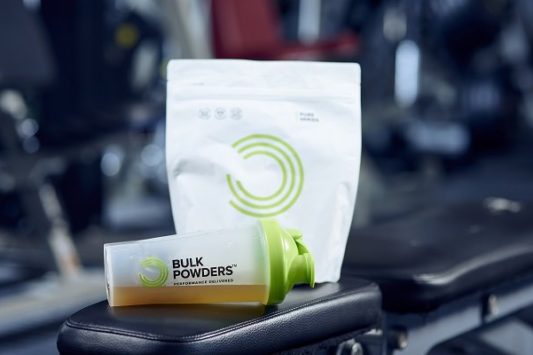You already know protein is important to achieving your strength and physique goals. But more isn’t always better. How much protein do you actually need?
If you train for strength or sport performance, protein has to be a key part of your diet. In fact, it should be a focus for everyone even if they never set foot in a gym. But, since you do, let’s look at protein for active bodies.
WHY DOES PROTEIN MATTER?
Protein is an important macronutrient for building muscle tissue, getting stronger, and supporting recovery. Protein will even help you hang on to more lean tissue as you get older – important stuff when you consider that we naturally lose about 5% of our muscle mass every 10 years after the age of 35.
Protein accounts for around 15% of your body and provides the building blocks for enzymes, neurotransmitters, and hormones as well as tissue like muscles, tendons, internal organs, and your skin.
Proteins are made of long chains of small molecules called amino acids. Different protein food sources contain different amounts of various amino acids, so it’s important to eat a variety of protein foods even if your diet is limited.
HOW MUCH DO YOU NEED?
There was a time when bodybuilders thought more protein was better, but we know now that a more moderate approach is optimal. After all, protein contains calories just like any food (4 calories per gram). So eating endless amounts of protein either means you’ll be over-consuming total calories, or you’ll need to cut calories from fats and carbs to compensate.
You need a balanced diet, with enough protein to support your strength and size goals. Something to remember, next time a clueless relative asks you if “you just eat chicken and those protein shake things, now you’re going to the gym so much”…!
CALCULATE YOUR PROTEIN INTAKE
There is still a lot of debate in the fitness industry over optimal protein intake, with guidelines ranging from 0.8g per kg bodyweight up to 2.5g or even 3g per kg bodyweight. For an 80kg guy, that’s the difference between 64g protein per day and 240g! Most protein calculators will take into account your age, gender, and activity levels. The generally accepted figure is 2.2g per kg bodyweight.
For an 80g person, that’s 176g protein per day (704 calories from protein).
Once you’ve assessed your protein intake and subtracted the caloric amount from your daily calorie goal, you can divide the remaining calories out between carbs and fats. Remember that carbs are 4 calories per gram, and fats are 9 calories per gram.
If you need to reduce your calories to lose weight or cut body fat, never drop your protein amount too low. In fact, protein intake is arguably even more important when you are on a cutting diet, as your body will fight to hang on to muscle mass as you diet down.
DOES PROTEIN QUALITY MATTER?
Different protein sources contain different types and amounts of amino acids. Ideally, your diet will give you a full range of amino acids. The best way to achieve this is to eat a wide range of real food sources, including meat, poultry, fish, seafood, eggs, plus protein powder. Whey protein has the best amino acid content of all the powders, and contains all the essential amino acids (EAAs) – which your body can’t make by itself. Yes, protein quality does matter but it’s common sense really.
Try to eat as varied a diet as possible, don’t get stuck in a food rut, and eat real food with protein shakes for convenience. If you’re eating across a range of meat, poultry, fish, seafood, eggs, dairy, grains, legumes, pulses and beans (as your diet permits), you’ll be fine.
HOW TO MEET YOUR PROTEIN REQUIREMENTS
The best way to get a full range of amino acids is to eat real food (and mostly animal products). But this isn’t always practical, and obviously some people choose not to eat any animal protein at all.
There are lots of fun and tasty ways to keep on top of your protein intake whatever type of diet you follow, and however busy you get!
Protein Shakes: choose your favourite protein powder (the best for amino acid profile is whey if you tolerate dairy, or pea protein if you are dairy free) and make a simple shake with water, or whizz into smoothies, or stir into porridge oats.
Breakfast Smoothie: our Complete Breakfast Smoothie™ is based on whey protein concentrate, plus Scottish oats and real fruit pieces so it’s really quick and easy to get a protein-packed breakfast going.
Protein Flapjacks: grab our Protein Flapjacks for a protein snack on the go.
Protein Bars: so many to choose from, including our regular Protein Bars, delicious Protein Cookies, and new Vegan Protein Bars which are 100% vegan friendly.
Jerky: jerky is a traditional savoury protein snack which is ideal for keeping in your bag, and we have Fish Jerky, Beef Jerky, and Biltong to choose from!
Liquid Egg Whites: our bottles of liquid egg whites make it so easy to add extra protein to your meals, or to whip up an egg white omelette.
One final thing to remember: almost all food contains some protein, so take that into account when you’re calculating your protein intake. Oats, potatoes, rice, even fruit and vegetables all contain small amounts of protein, and it all adds up!
